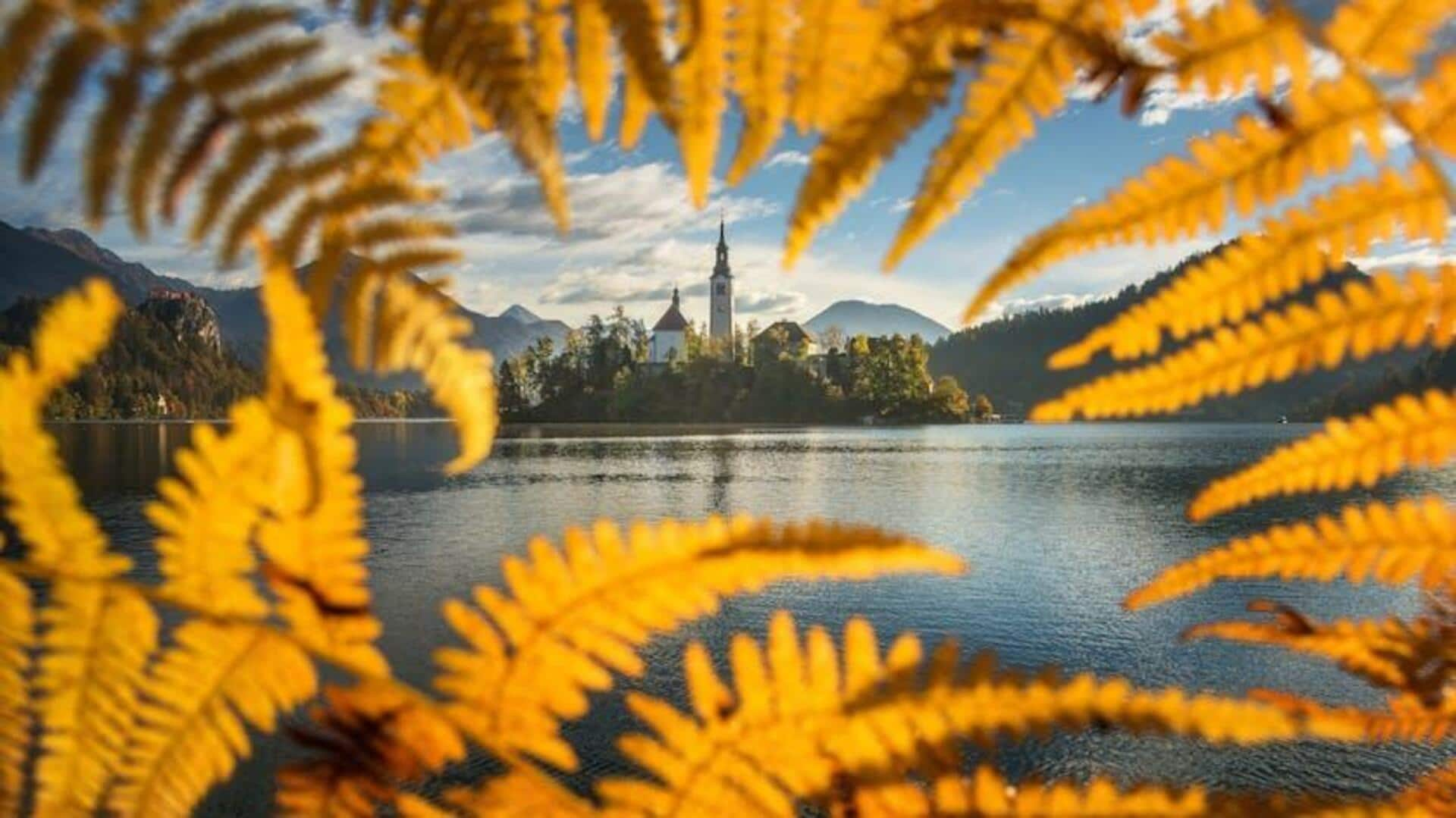
7 days in Slovenia: The itinerary you've been looking for
What's the story
Slovenia, a petite European country, features various stunning landscapes and rich cultural experiences. This seven-day sustainable travel guide emphasizes eco-friendly practices while discovering the pristine beauty of Slovenia and its lively cities. From the Julian Alps to the Adriatic coast, travelers can engage in a range of activities with the least environmental impact. By opting for sustainable stays and transportation, visitors can play a part in Slovenia's endeavor to maintain its environment for posterity.
Urban walk
Explore Ljubljana by foot
Ljubljana, Slovenia's capital, is best explored on foot. The city center is pedestrian-friendly, with charming streets and historical architecture. Walking reduces carbon emissions and enables travelers to experience local life more intimately. Visit the Central Market for fresh produce, or stroll along the Ljubljanica River for the scenic views. Public transport options like buses are also available if needed.
Nature escape
Discover Triglav National Park
Triglav National Park is all about breathtaking landscapes with mountains, lakes, and forests. The hiking trails are designed to suit various skill levels but are also aimed at promoting eco-tourism principles. Visitors must stick to marked paths to protect flora and fauna habitats. Camping in designated areas ensures minimal environmental disruption while enjoying nature's tranquility.
Eco-friendly activities
Experience Lake Bled sustainably
Famous for its picturesque setting with an island church in the middle of emerald waters, framed by mountains, Lake Bled is a must-visit. Rent a traditional wooden boat called pletna (instead of motorized ones) for an eco-friendly lake tour, or explore nearby Vintgar Gorge through guided walks emphasizing conservation efforts.
Culinary adventure
Taste local cuisine responsibly
More than just supporting local farmers and causing less harm to the environment, Slovenian cuisine's focus on locally sourced ingredients helps fight climate change, preserve biodiversity, and secure global food. Urgent, collective action is needed to meet long-term sustainability goals. By choosing local over imported goods, we can pave the way towards a more sustainable, equitable, and prosperous future for all, nurturing a healthy environment and community.